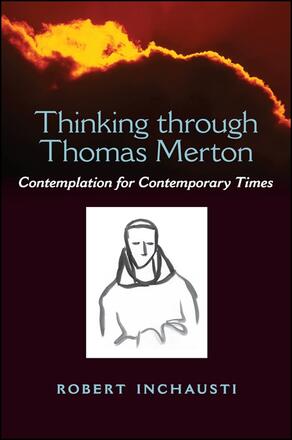
Thinking through Thomas Merton
Contemplation for Contemporary Times
Alternative formats available from:
Considers the legacy of Thomas Merton and his relevance for contemporary times.
Description
With the publication of The Seven Storey Mountain in 1948, Thomas Merton became a bestselling author, writing about spiritual contemplation in a modern context. Although Merton (1915–1968) lived as a Trappist monk, he advocated a spiritual life that was not a retreat from the world, but an alternative to it, particularly to the deadening materialism and spiritual vacuity of the postwar West. Over the next twenty years, Merton wrote for a wide audience, bringing the wisdom of Christianity, Buddhism, and Sufism into dialogue with the period's contemporary thought.
In Thinking through Thomas Merton, Robert Inchausti introduces readers to Merton and evaluates his continuing relevance for our time. Inchausti shows how Merton broke the high modernist trance so that we might become the change we wish to see in the world by refiguring the lost virtues of silence, contemplation, and community in a world enamored by the will to power, virtuoso performance, radical skepticism, and materialist metaphysics. Merton's defense of contemplative culture is considered in light of the postmodern thought of recent years and emerges as a compelling alternative.
Robert Inchausti is Professor of English at California State Polytechnic University, San Luis Obispo. He is the author of Thomas Merton's American Prophecy and The Ignorant Perfection of Ordinary People, both also published by SUNY Press.
Reviews
"This book is especially recommended for Merton scholars and readers adept in literary theory and postmodern philosophy who are interested in Merton's relevance to these schools of thought. " — American Catholic Studies
"Inchausti explores Merton's understanding of Western Christian monasticism and provides new insights into his critique of modernity. " — Curt Cadorette, author of Catholicism in Social and Historical Contexts: An Introduction